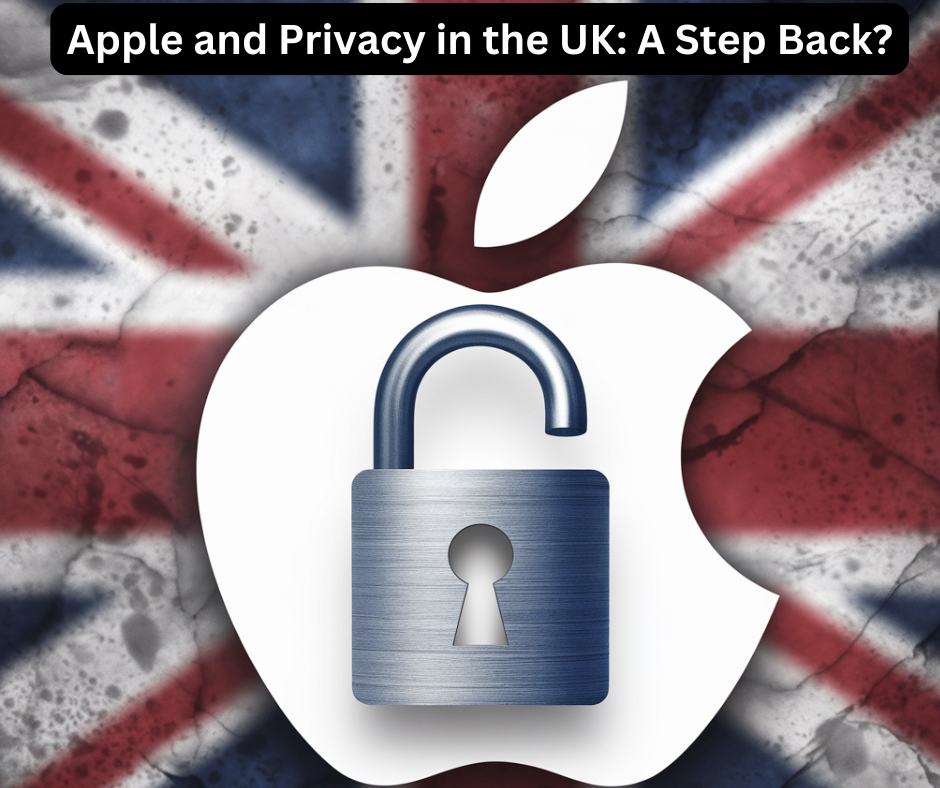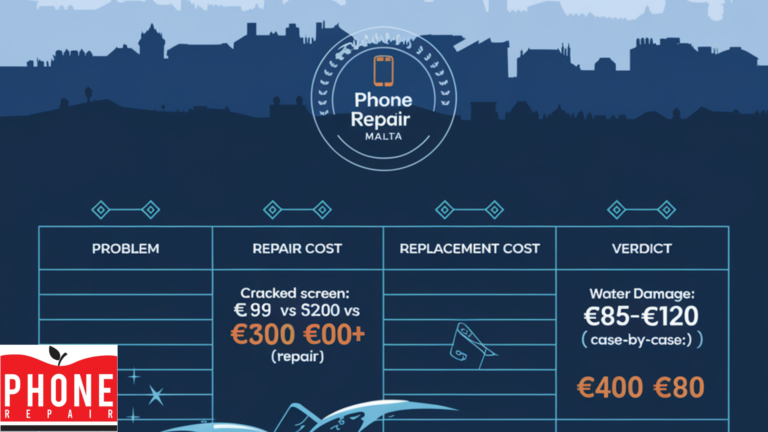Introduction – Understanding Apple’s Encryption Changes in the UK
In recent months, Apple has made significant changes to its data encryption policies in the United Kingdom, sparking widespread debate over user privacy and data security.
As a company known for its strong stance on privacy, Apple has historically championed end-to-end encryption to protect user data. However, following pressure from the UK government, the tech giant has removed its Advanced Data Protection (ADP) feature for iCloud backups in the country.
This move has raised serious privacy concerns among users, security experts, and digital rights advocates. In this article, we’ll explore:
✅ What Apple’s encryption policy shift means for UK users
✅ The legal and governmental pressures behind this change
✅ How this decision affects global digital privacy
✅ What users can do to protect their data
Apple’s Encryption Policy Shift in the UK
Apple’s Advanced Data Protection (ADP) feature was introduced to provide end-to-end encryption for iCloud backups, ensuring that only users had access to their data, even preventing Apple itself from viewing it.
However, in February 2025, Apple announced the removal of ADP in the UK following regulatory demands. This means that:
🔹 iCloud backups in the UK are no longer fully encrypted, making them accessible to Apple and, if legally required, to UK authorities.
🔹 User data, including messages, photos, and app data, could be accessed upon government requests.
🔹 UK users now have weaker security protections compared to users in other regions where ADP remains available.
This policy shift represents a major change in Apple’s approach to privacy and has led to increased scrutiny from privacy advocates worldwide.
Government Pressure and Legal Context
The UK government has long pushed for greater access to encrypted data, citing national security and crime prevention as primary reasons.
📌 The Investigatory Powers Act (“Snooper’s Charter”) grants UK authorities extensive surveillance powers, including the ability to demand access to encrypted communications.
📌 Apple has faced growing pressure from UK lawmakers to create backdoors for law enforcement, raising concerns that this could set a dangerous precedent for other governments to follow.
📌 Digital rights organizations warn that weakening encryption could expose users to cyber threats, such as hacking and data breaches.
Apple’s compliance with UK regulations signals a shift in how tech companies handle privacy in different regions, adapting their policies to avoid legal battles while still maintaining their core business interests.
Implications for UK Users
Apple’s policy change has significant consequences for users in the UK, including:
📉 Weaker Data Protection – Without end-to-end encryption, sensitive information is more vulnerable to unauthorized access.
📂 Government & Third-Party Access – Apple may now be legally required to hand over user data to authorities upon request.
🌍 Global Privacy Impact – This decision may influence other countries to demand similar concessions from Apple and other tech giants.
💡 What You Can Do:
🔹 Consider using third-party encrypted backup solutions.
🔹 Activate strong security settings on your device.
🔹 Stay updated on digital rights and privacy policies to protect your personal data.
Industry and Advocacy Responses
Privacy advocates and cybersecurity experts have strongly criticized Apple’s decision, warning of its long-term consequences.
🔹 Signal President Meredith Whittaker called this move a major setback for encryption standards, highlighting the risks of government-mandated backdoors.
🔹 Digital privacy organizations argue that once encryption is weakened in one country, other governments may demand the same access, creating a ripple effect worldwide.
🔹 Tech experts warn that this could expose user data to cybercriminals, hackers, and malicious actors who exploit weakened security measures.
Apple’s decision has sparked a wider debate about how much control governments should have over user data and the future of digital privacy.
Looking Ahead: The Future of Digital Privacy
The removal of Advanced Data Protection in the UK marks a turning point in the ongoing battle between privacy advocates, tech companies, and governments.
As digital privacy becomes an increasingly critical issue, users must stay informed, proactive, and vigilant about their data security choices.
At Phone Repair Malta, we believe that privacy and security should always be a priority. We will continue to share insights, updates, and solutions to help our customers protect their devices and personal information.
📍 Want to stay updated on the latest tech trends? Follow us on social media:
🌍 Website: https://phonerepairmalta.com
🎵 TikTok: @phonerepairsliema
📸 Instagram: @phonerepair.sliemamalta
📘 Facebook: Phone Repair Sliema Malta
📹 YouTube: Phone Repair Sliema
🐦 Twitter (X): @phonerepairking
🔥 Final Thoughts:
Apple’s privacy changes in the UK raise serious concerns about user security, government intervention, and the future of encryption.
📢 What do you think? Should tech companies comply with government regulations, or should privacy always come first? Let us know in the comments or visit Phone Repair Malta for more insights!
🚀 Stay informed. Stay secure.







